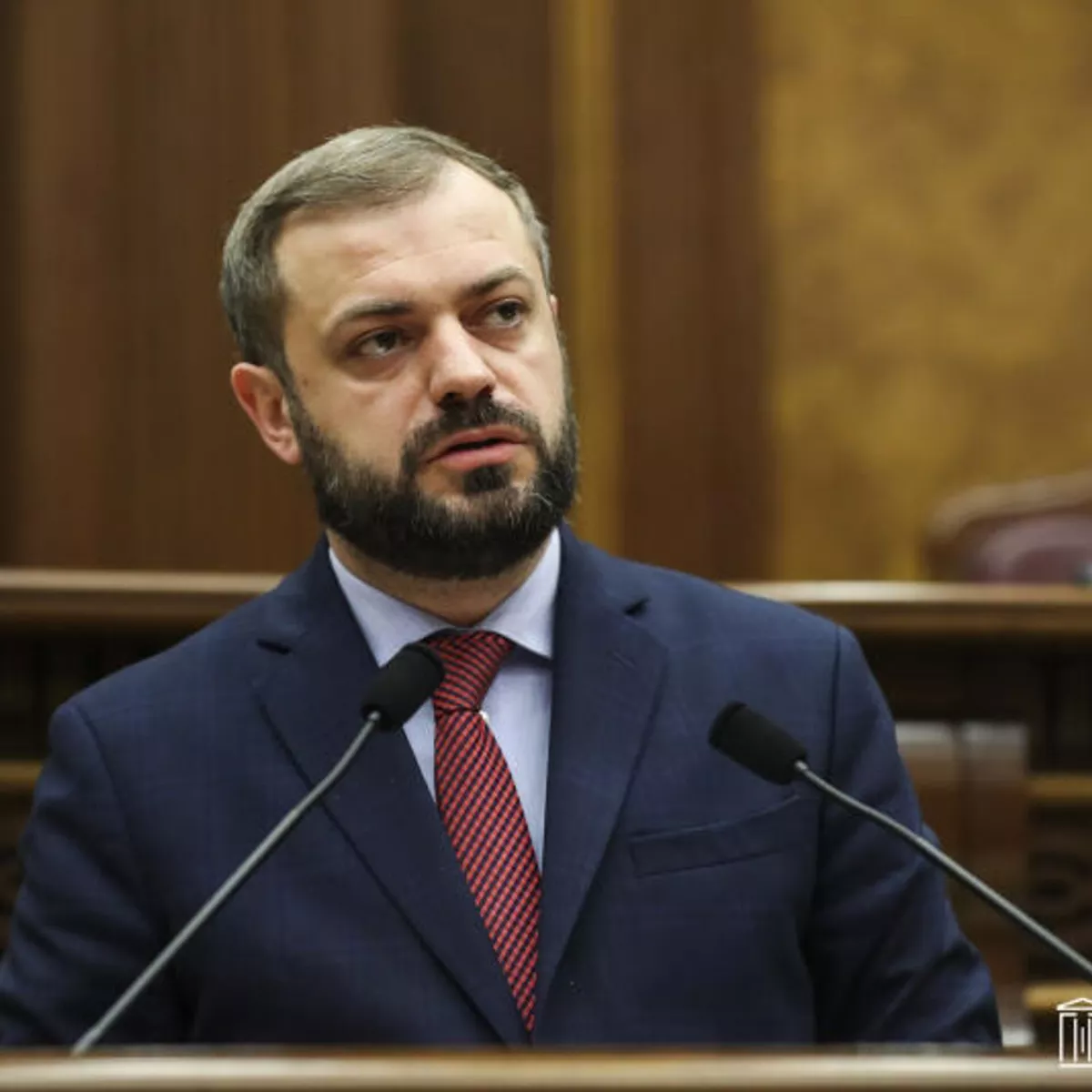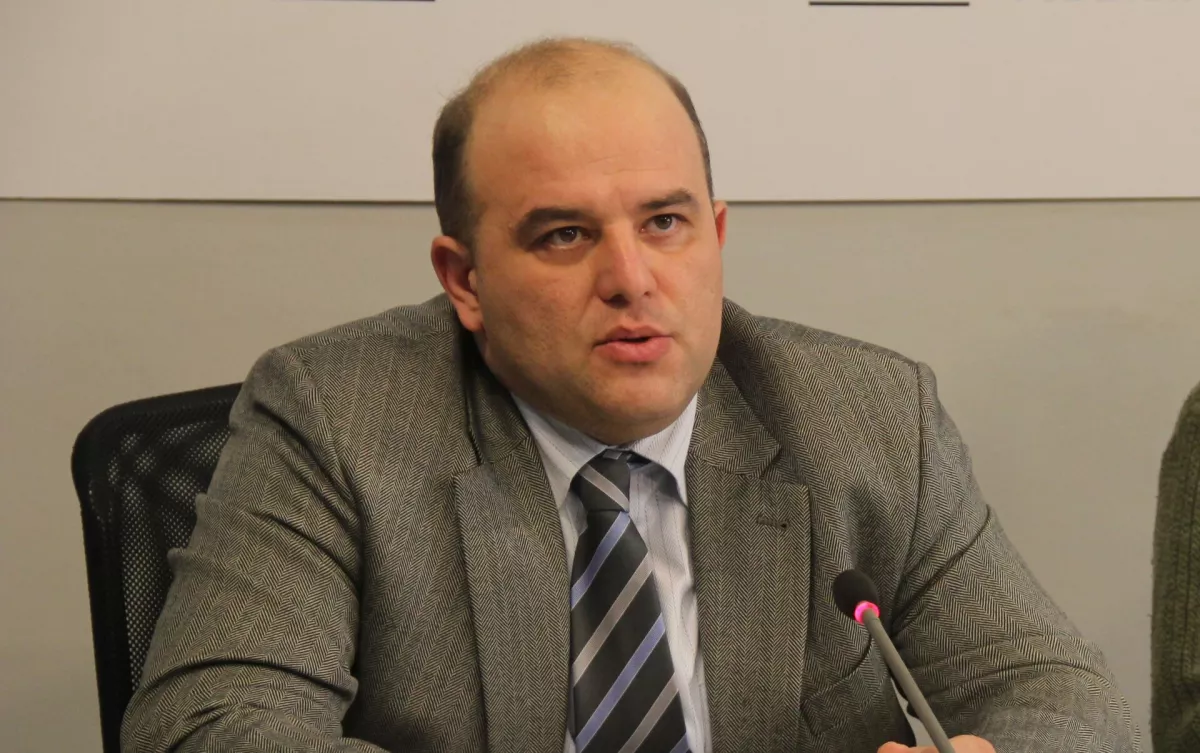Georgian STOP to Armenian poison Experts slam Yerevan’s brandy hysteria
Hysterics from Armenian brandy producers, a noisy protest outside the Georgian embassy in Armenia, and loud statements in the media — it seems Yerevan has done everything possible to draw attention to the “problem” of monitoring initiated in Georgia to inspect the quality of Armenian alcoholic products intended for export to Russia or the Baltic states.
However, these inspections were launched on entirely legal grounds, as part of Georgia’s national policy on product safety control. From now on, Tbilisi is demanding laboratory testing for all alcoholic beverages imported into Georgian territory — regardless of whether they are intended for the Georgian market or merely passing through in transit.

“The problem is not yet resolved. I must be honest here — the reasons are unclear to us, and we are trying at all levels to find a solution to the issue,” said Armenian Minister of Economy Gevorg Papoyan at a government briefing on May 15.
“I want to note that we have a preliminary agreement, and in the coming days, I may travel to Georgia to resolve the issues on the ground and clarify everything,” he added.
What is the essence of the conflict, and why is Armenian brandy raising concerns? What do they think about this in Tbilisi? A Caliber.Az correspondent reached out to Georgian experts and political analysts for their comments.

Doctor of Military and Political Sciences, Professor Vakhtang Maisaya believes that the situation only appears accidental at first glance, but in reality, it has been brewing for a long time.
“Armenian alcoholic products, especially brandy, have repeatedly raised concerns in importing countries, including Russia, where they failed quality inspections. It is quite logical that this has also drawn attention in Georgia. Such products can pose a threat to food security, especially during the tourist season when the influx of foreign visitors increases.
For this reason, the Georgian government is taking absolutely justified measures to protect the market and the country’s image.
Since 2006, under the government of Mikheil Saakashvili, Georgia began implementing serious reforms in the winemaking sector. As a result, Georgian wines and brandies have gained recognition not only in CIS countries but also in the EU, the US, Canada, and China.
As someone who frequently travels abroad, I can attest to the high level of interest in Georgian beverages, especially brandy. This is the result of a consistent policy focused on quality assurance and the promotion of national products.
It’s clear that the same standards apply to all imported and transit alcoholic beverages, including Armenian ones. This is not discrimination, but rather a measure to protect the domestic market and the health of citizens. I believe the inspections will continue, because this is not only a matter of food safety, but of national security as well. If a tourist suffers from low-quality alcohol, it would damage the country’s reputation — and that is unacceptable.
The protests by Armenian producers in Yerevan, including attempts to pressure the Georgian embassy, are an emotional reaction. This response is also driven by the fact that demand for Georgian brandy is currently growing — in some cases even surpassing the interest in Armenian brandy.
It’s worth recalling that as far back as the 19th century, the first Georgian brandy was created at the initiative of Georgian philanthropist and entrepreneur David Sarajishvili — and it is in no way inferior to Armenian brandy, and may even surpass it in several characteristics.
Winemaking is an integral part of Georgian culture, with a history that spans thousands of years. Georgia is rightfully considered the birthplace of wine and ranks among the world’s leading winemaking countries alongside France, Italy, and Chile.
Therefore, any attempts to exert external pressure on Georgia in this sphere are unfounded and will yield no results,” Maisaya stressed.

Georgian analyst and candidate of political sciences Teimuraz Garishvili believes that Armenia is deliberately exaggerating the issue for media effect.
“It’s very simple. Armenian alcoholic products do not meet the required quality standards, and inspections in Russia have confirmed this. If Yerevan is so confident in the quality of its production, then why haven’t they taken legal action against the relevant Russian authorities?
In fact, this issue with Armenian alcohol has been identified in Russia more than once. However, Armenian producers treated these inspections carelessly, assuming it was some sort of seasonal phenomenon.
Instead of working to improve the quality of their products, Armenian producers chose to stir up a fuss outside the Georgian embassy and generate media noise — hoping that this kind of pressure might somehow force the issue.
However, Tbilisi is taking the matter seriously and is fully prepared to respond to any questions on the issue — whether they come from Armenian alcohol producers or the Armenian Minister of Economy himself,” Garishvili concluded.








